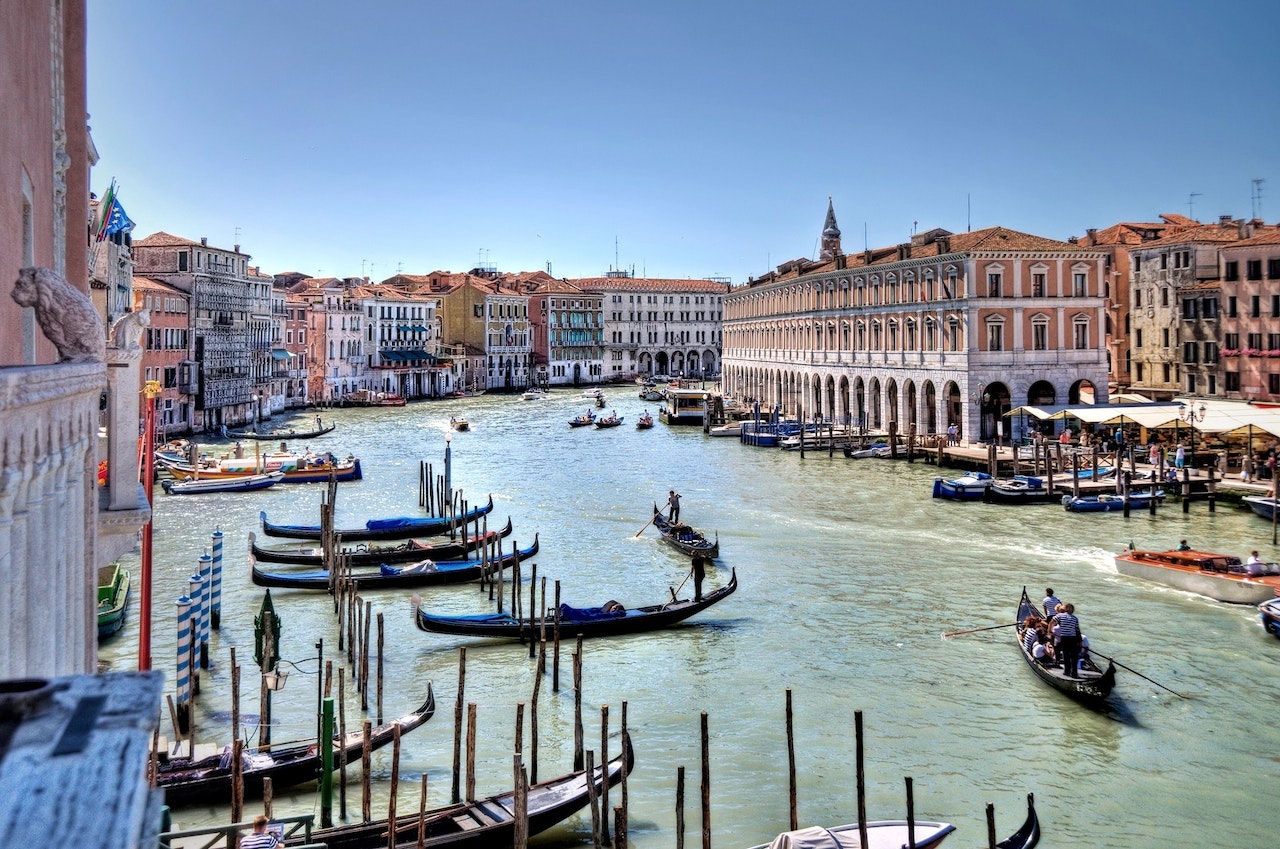Comments
- No comments found

Several European countries are welcoming Americans to relocate.
Moving to a new city or state as an American can already cause a severe case of culture shock, but if they’re moving overseas, they’re going to really feel like a fish out of water. Thanks to all the people that populate Europe, the cultural gap can seem wide in the eyes of an American.

Even in English-speaking countries, culture shock will still occur. However, culture shock isn’t created by one single event. It’s a collection of instances that lead to this uncomfortable feeling.
Time is relative to a person's environment. An American may think a 100-year-old building is old, while a European would consider that building young. Modern America only has a 200 year old history, while Europe dates back 4,500 years and is full of millennia-old architecture.
America uses the imperial system, writes its dates by “Month Day, Year,” uses Fahrenheit, and the 12-hour time system. Europeans use the metric system, write their dates by “Day Month Year,” uses Celcius, and the 24-hour time system in non-English speaking countries.
Most Americans speak only English, whereas most Europeans learn 2 to 4 foreign languages to communicate with their neighbors. While an American who moves to Germany doesn’t have to become a polyglot, they should learn the language with native-level German teachers just in case.
In Europe, nearly all cars are manual, but the opposite is true in the US. Americans have a preference for automatic vehicles and larger cars. Because Europe is made up of small streets (and the population is more eco-friendly by comparison), Europeans like to drive small cars.
Americans are more liberal than Europeans when it comes to gun rights and the legal age to drive but has strict laws when it comes to prostitution, drugs, and alcohol. On the other hand, Europeans don't regulate drugs, prostitution, cloning, or abortion laws to the same extent.
Most European countries have 3 main parties, and sometimes 4 or 5, that give citizens a mix of left-wing, center, and right-wing choices. America has a two-party system (Republicans vs. Democrats) and many independent parties that don’t hold any political power in congress.
Americans place a lot of emphasis on patriotism. In fact, 69% of Americans would say they’re “extremely” or “very” patriotic. Few Europeans pay attention to or care about patriotism and typically tie their allegiance to ideas rather than political parties or a specific country or state.
While Romania and Malta are considered very religious, the rest of Europe isn’t as religious as most of America. Churchgoing is popular in the US, and religion is often mentioned in politics. In Europe, people only go to church on certain holidays, and religion and politics are separated.
Americans who grow up in a multicultural environment are more likely to keep their opinions to themselves to avoid upsetting others. However, rural communities are less likely to hold back. Europeans aren’t taught to save face and aren’t willing to adjust their behavior for others.
Dating in America is filled with well-defined rules, such as who pays for the meal, when it’s appropriate to sleep with someone, and how to pick out an engagement ring. In Europe, things are more spontaneous and informal, meaning dating trends vary from person to person.
The US puts a lot of emphasis on marriage and a two-heterosexual-parent household. There are also strong traditions regarding ceremonies. European marriage traditions vary depending on the country, but most ceremonies are informal and take place at a family home or local hotel.
Europe still has a class of noble people who refer to themselves by title. There are many castles in Europe that used to hold a lot of significance in European life. Americans typically don’t care about or follow the royal family, which makes sense considering their history with nobility.
Americans eat a lot more sweeter foods and soft drinks than Europeans but don’t drink as much alcohol. Europeans tend to eat more varied and balanced diets, but they consume more dairy. Europeans prefer to drink more wine and stronger beers, regardless of country.
Leave your comments
Post comment as a guest